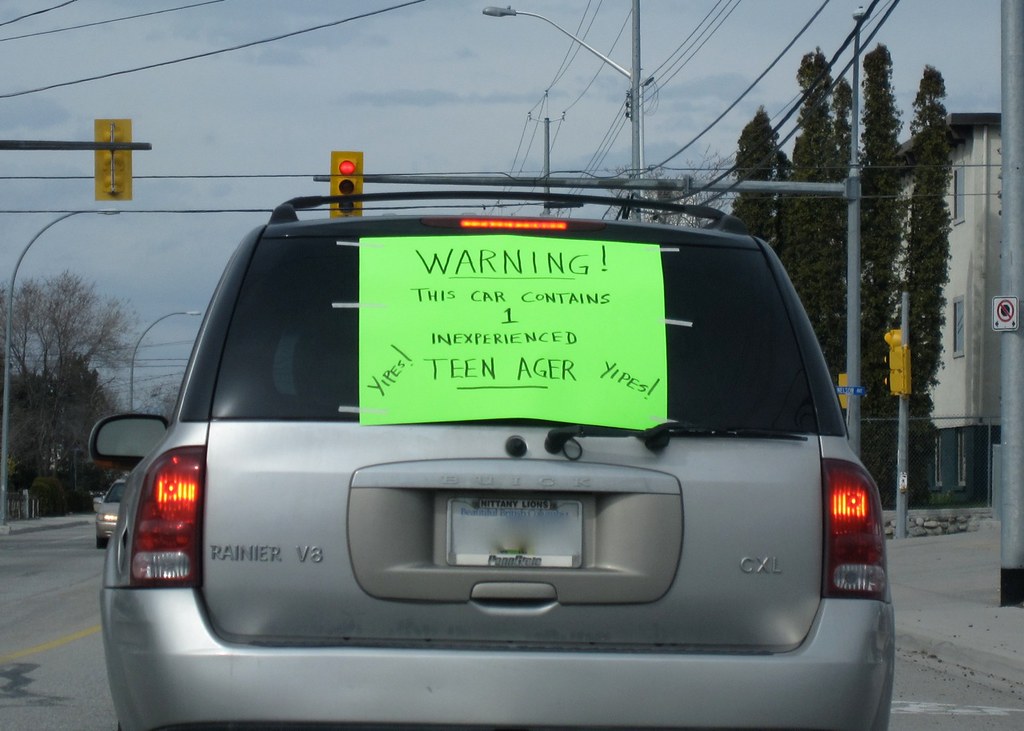
The Walt Disney firm controls four gigantic aspects of American culture: television, products, studios and lastly, parks and resorts. Its seemingly all-encompassing grasp on all sorts of entertainment, from TV shows to toys to production networks, proves its insurmountable success that has reigned over the nation for decades. And its parks, which receive almost 16 million visitors annually, according to travelandleisure.com, are eternal royals in the amusement industry.
Almost everybody loves Disneyland. It is a place of aesthetic wonder, imagination, innovation and simple happiness. Disneyland has no doubt created a world detached from peoples’ daily lives, and the hype it receives as the land “where dreams come true” has certainly helped mystify and romanticize the park. With walking Mickey Mouses, buttery popcorn, cotton candy at every corner and pretty spinning teapots, where else would any child want to be?
And that is the beginning of Disneyland’s problem. Nearly every child in the United States – and in other countries as well – has heard of and dreamed about the famous Disneyland. Seeing key chains twinkling from their lucky friends’ backpacks, watching daily morning TV shows depicting a happy world of dancing animals and transfixed by advertisements of shrieking kids and laughing parents, millions of children have shaped their dreams after Disneyland. And every parent wants to give their child his or her dream. But with the rising prices of Disneyland tickets, it just is not possible for all families anymore.
Disneyland tickets have risen by 9% in May of this year, with the classic 1-Day 1-Park ticket at $96 and the 1-Day Park Hopper at $150. The Southern California (SoCal) Annual Pass is now marked as “not available for purchase” on the Disneyland website. Parking price has also been raised by one dollar.
The purpose of raising prices and removing the option of SoCal Annual Pass is to keep the park from overcrowding, especially on Sundays, which is the day that most Californians flood the park using their SoCal passes (the passes allow holders to come on school days and non-summer Sundays). Apparently, Disneyland is attempting to promote multi-day visits over single-day ones and to deal with the too large crowds.
It is important to address overcrowding, but at what cost? Disneyland, though located in Southern California, receives visitors from around the world. Their Disneyland vacation is the one chance they get – and now the prices have reached new highs. As the prices grow higher and higher each year, it will be more difficult for average families to realize their dreams of a blissful day in a blissful land. Disneyland may be providing a solution for overcrowding, but with its solution comes Disneyland’s gradual metamorphosis into a place that essentially keeps out the average/lower class of America.
An avid Disneyland visitor, Yasmine Ghazipour (So.), noted, “Over the years I’ve had my pass, Disney has continuously raised its prices on tickets and it’s getting way too expensive but no matter how high the tickets are, people still buy them and I’ve never seen a decrease in sales. I think the fact that some people can’t afford it is really upsetting because Disneyland is supposed to be a place to make new memories and have a great time with loved ones, and not being able to have that bonding experience is really unfortunate.”
Overcrowding is a relevant issue that needs to be dealt with to insure that park-goers actually enjoy their time there. However, raising ticket prices is not so much a solution as an act of greed. Instead of inching up the prices each year, Disneyland could lower the park’s maximum capacity (multiple sources have listed the maximum capacity at around 80,000 people). In addition, Disneyland could start a reservation system, where people must buy their tickets online in advance instead of at the gate on a whim.
These actions would no doubt stir controversy and upset frequent park-goers and Californians; however, they are more reasonable alternatives to prevent overcrowding than raising ticket prices. The fact that Disneyland is a dream for so many families of varying income levels means that people would be willing to reserve tickets in advance and wait for their time to come. Limiting the amount of people who visit the park everyday would mitigate the taxing demands that tickets take on parents’ wallets and make it more probable for average families outside of California to visit the park.
Unfortunately, Disney, being one of the largest capitalist forces internationally, will continue to raise park prices until they are simply too high for the average family to afford. Though the parks may turn out to be less crowded and more enjoyable, they will be available only for the rich to enjoy. Disneyland is becoming a place where dreams do come true – but only if you are well off.
By STACEY YU
Staff Writer
Categories:
Paying for “The Happiest Place on Earth”
June 13, 2014
0
Donate to Sword & Shield
$180
$1000
Contributed
Our Goal
Your donation will support the student journalists of University High School. Your contribution will allow us to purchase equipment and cover our annual website hosting costs.








